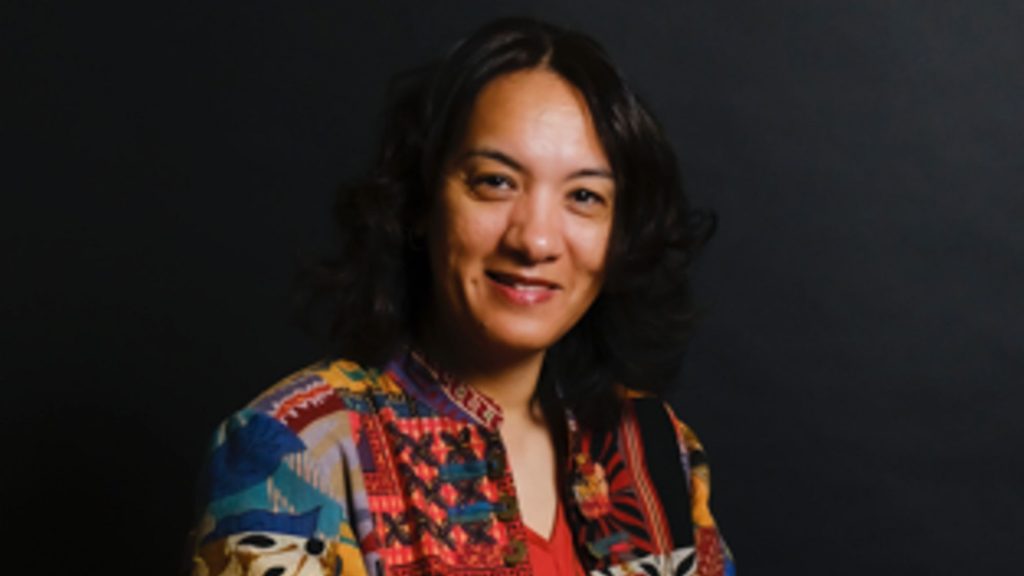Charleen Duncan, the head of programmes at the Allan Gray Orbis Foundation, emphasised the critical role of an interconnected ecosystem in fostering entrepreneurial success in South Africa.
No ad to show here.
Duncan’s insights shed light on the challenges that entrepreneurship has faced in the country’s history and the importance of entrepreneurship education in shaping its future. She began by highlighting the historical barriers to entrepreneurship in South Africa.
“During the apartheid era, entrepreneurship was stymied by the state’s myriad laws and restrictive regulations that enforced a command economy,” she explained. These constraints included conservative banks, state boards controlling many commodities, and an investment focus on primary industries that stifled innovation in manufacturing and services.
Furthermore, the apartheid policy of “separate development” presented additional hurdles for aspiring black entrepreneurs. Duncan pointed out, “Would-be entrepreneurs in the black communities had the added barrier of apartheid social engineering to contend with.”
“The post-apartheid era brought hopes of change,” Duncan continued, “but the entrepreneurship landscape remained desolate.” She underscored that the absence of necessary legislation, training structures, venture capital, role models, and cultural visibility continued to hamper entrepreneurial growth.
Duncan stressed that despite economic liberalisation, South Africa faces persistent challenges such as high unemployment rates, income inequality, and inadequate formal education. She noted, “With an expanded unemployment rate of 42.6% and youth unemployment reaching a staggering 60.7%, entrepreneurship presents a compelling solution.”
She further emphasised that entrepreneurs not only create their own jobs but also often employ others, contributing significantly to job creation.
Moreover, Duncan argued that entrepreneurship is most likely to thrive in disadvantaged communities where gaps in services and commodities create opportunities for start-ups. She asserted, “By fostering entrepreneurship in these areas, South Africa can address the stark disparities between affluent cities and underdeveloped towns.”
Duncan also pointed out the need for a shift in the education system. “South Africa’s formal education has traditionally focused on producing workers for the formal economy, which has proven ineffective in reducing unemployment,” she said.
She strongly believed that “equipping learners with entrepreneurial skills, knowledge, and mindsets can enhance their employment prospects and encourage self-employment.”
The department of basic education’s (DBE) commitment to entrepreneurship education is a significant step in the right direction. Duncan highlighted the importance of the DBE’s Sector Plan on Entrepreneurship in Schools, launched in 2018, which aims to implement entrepreneurship education throughout the basic schooling system. “This commitment aligns with the broader agenda of BRICS countries to strengthen entrepreneurship development in education,” she stated.
“The Allan Gray Orbis Foundation has been at the forefront of identifying and nurturing entrepreneurial talent for 17 years through its scholarship programme,” Duncan proudly mentioned. She continued, “We have also introduced the Allan Gray Entrepreneurship Challenge (AGEC), a game-based programme designed to teach business skills and foster an entrepreneurial mindset among youth.”
Duncan highlighted the AGEC’s rapid expansion, with a significant impact in lower-quintile schools. “The AGEC has shown phenomenal growth, boasting a staggering 27 693 members from various partnerships, representation from 2 251 schools, 3 222 registered parents, and 1 519 registered businesses.”
She also expressed the foundation’s pleasure in the DBE’s endorsement of the AGEC programme, emphasising its potential to develop future entrepreneurs and positively impact South Africa’s economic future.
She quoted Maureen Modiba, DBE’s director for curriculum implementation and quality improvement, who recently said, “The Allan Gray entrepreneurship programme nurtures the realisation of business skills and is aimed at promoting the entrepreneurial mindset that is needed to deal with South Africa’s economic future proactively and positively.”
In conclusion, Duncan highlighted the importance of collaboration among various stakeholders, including parents, school governing bodies, teachers, and learners, in advancing entrepreneurial education.
She firmly believed that by democratising access to entrepreneurship education, South Africa could stimulate economic growth, job creation, educational quality, and social equality. “Only then are we likely to achieve the ultimate goal of spurring economic growth and job creation to improve societal resilience, individual growth, schooling quality, and social equality.”
READ NEXT: Grindstone and Anza unite to host ‘African showcase’
